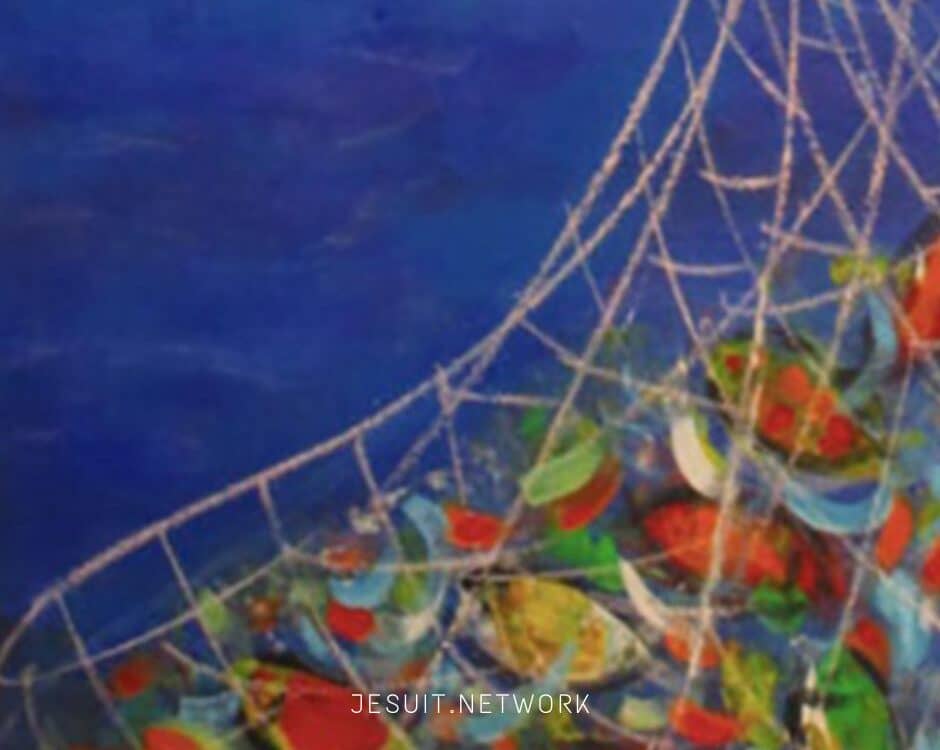This website uses cookies so that we can provide you with the best user experience possible. Cookie information is stored in your browser and performs functions such as recognising you when you return to our website and helping our team to understand which sections of the website you find most interesting and useful.
How 20th century Jesuit scientists activated a network
In 1902, Joaquim da Silva Tavares, Cândido de Azevedo Mendes and Carlos Zimmermann, naturalists and teachers of natural sciences at the Colégio de São Fiel, founded the first scientific journal of the Society of Jesus. As it was dedicated to the classification of novel species of animals and plants, they decided to name it Brotéria, as homage to one of the most renowned eighteenth-century Portuguese naturalists, Félix d’Avelar Brotero. For its massive taxonomical work, and for the role played in the implementation and development of areas such as plant breeding, biochemistry and molecular genetics, Brotéria has been considered to be one of the most relevant twentieth-century Portuguese journals.
During its existence, Brotéria has promoted the establishment of correspondence networks not only between Jesuit naturalists but also between Jesuits and lay botanists and zoologists. In this context, the existence of Jesuit missions was crucial, since the missionaries were often instructed to collect new zoological and botanical specimens, which were then sent to Portugal to be identified and described.
One interesting example of this circulation of knowledge involves two Jesuit brothers: João and Cândido de Azevedo Mendes. Exiled in Salamanca since the republican expulsion of the Portuguese Jesuits in 1910, Cândido, an entomologist specialized in the classification of moths and butterflies, maintained an important scientific correspondence with his brother João, a missionary in Angola and Mozambique. Although he was not a naturalist, João collected new African specimens of lepidopterans for his brother, and their important correspondence allowed Cândido to study the fauna of Angola and Mozambique. Like in the sixteenth and seventeenth centuries, the communication between members of the Society of Jesus proved once more to be crucial for the circulation of scientific knowledge.
The circulation of botanical and zoological specimens was particularly extensive and involved not only Jesuits, but also lay botanists and zoologists. The usual motive for the circulation of these specimens between the authors of Brotéria and other scientists was the need to validate a hypothetical new botanical or zoological species, particularly when the collector was not an expert on that taxon. In a period when the networks of scientific correspondence were particularly relevant for the description of novel species, Brotéria emerged as an international journal that published original research works from renowned Portuguese and foreign botanists and zoologists. The establishment and maintenance of these networks, which transcended the boundaries of the Society of Jesus, contributed to the circulation of knowledge and, most importantly, to the international prestige of Brotéria.
For a complete account on the pedagogical and scientific endeavours of the Portuguese Jesuits in the 19th and 20th century please see: Francisco Malta Romeiras, Das Ciências Naturais à Genética: Os Jesuítas e a Ciência em Portugal (séculos XIX e XX), Lucerna, Cascais, 2015.





